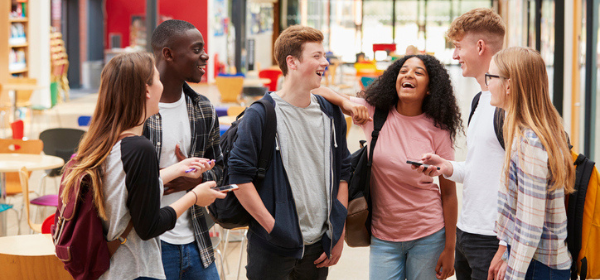Improving wellbeing in every area of the UK is the overarching ambition of the Levelling Up White Paper, and government has said it will undertake further work to supplement existing wellbeing data at a subnational level. In Greater Manchester, a community-led, hyper-local project is underway to understand and improve children and young people’s wellbeing, and […]









